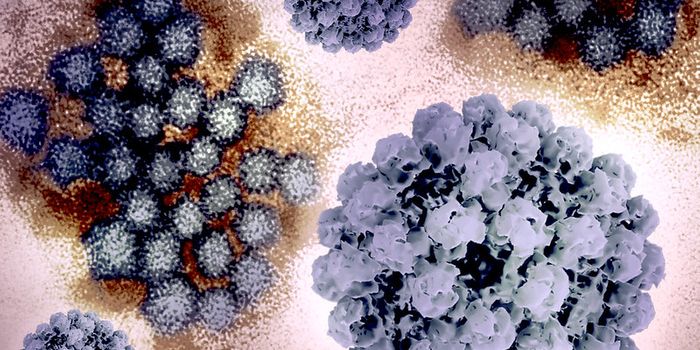Researchers Discover a Novel Cause of Type 1 Diabetes
Insulin, which is a hormone that is crucial for the proper control of blood sugar levels, is produced by beta cells in the pancreas. Type 1 diabetes happens when those cells stop working, or don't exist, possibly because of some genetic mutation or because the immune system erroneously attacks those cells. But scientists have now identified another cause of type 1 diabetes. This knowledge could help scientists develop better treatments for the disorder. The findings have been reported in Cell.
In the body, nitric oxide plays a variety of important roles, including blood vessel dilator. In this study, the researchers have shown that an enzyme called SNO-CoA-assisted nitrosylase (SCAN) is crucial to the normal activity of insulin.
SCAN normally attaches nitric oxide to proteins. It also attaches nitric oxide to the insulin receptor. This study showed that SCAN activity is higher in both diabetes patients and mouse models of diabetes. When mice modeling diabetes lacked the SCAN enzyme, the symptoms of diabetes seemed to be dramatically reduced. The researchers suggested that an excess of nitric oxide tags on proteins may be contributing to diabetes.
The aberrant effects of excessive nitric oxide tags on proteins may also be related to other disorders, noted the investigators. Abnormally excessive binding of nitric oxide could also be involved in Alzheimer's, cancer, or cardiovascular disease as well.
The scientists found that if SCAN activity is blocked, it can protect animal models from diabetes. However, the implications of this finding may apply to other disorders that are related to novel enzymes that work to attach nitric oxide to proteins, said corresponding study author Professor Jonathan Stamler of the Case Western Reserve School of Medicine, among other appointments. "Blocking this enzyme may offer a new treatment."
Diabetes can also arise when insulin simply stops having the proper impact on the body; the body becomes resistant to insulin's effects. But scientists are still learning about why insulin resistance can arise in some people but not others. Diabetes can lead to many health complications, including heart or kidney disease, and vision loss. While nitric oxide could be playing an important role in this process, the compound is highly reactive. Stamler noted that it cannot be directly targeted.
"This paper shows that dedicated enzymes mediate the many effects of nitric oxide," added Stamler. "Here, we discover an enzyme that puts nitric oxide on the insulin receptor to control insulin. Too much enzyme activity causes diabetes. But a case is made for many enzymes putting nitric oxide on many proteins, and, thus, new treatments for many diseases."
Sources: Case Western Reserve University, Cell









